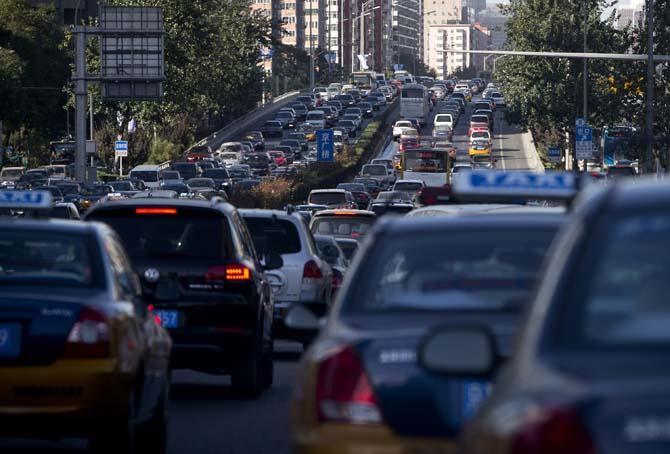This weekend, I broke the cardinal rule of being an American youth. I disregarded the warnings I’d heard all my life and the lectures by parents, teachers and law enforcement officials.
I talked to strangers.
Worse still, I took candy from strangers. I also rode 650 km (400 miles) in said strangers’ cars, vans and 18-wheelers in a race to Berlin, Germany, for a weekend of touring, clubbing, kebabs and currywurst.
Between getting to know a Dutch-Armenian family man, a Polish truck driver and two German social workers, I had time to question the reasons we feel afraid of strangers.
While it’s important for children to learn not to be manipulated by potential kidnappers, fear of the unknown persists as a method of self-preservation in our adult lives.
Because of this, I was surprised this weekend to watch drivers make eye contact with me at traffic lights, read my cardboard sign with interest and, in a few cases, agree to carry me toward my destination. Based on my experiences in America, I was wholly expecting averted gazes, total lack of acknowledgement and heaps of rejection.
Hitchhiking is still a fairly common practice in Europe. The people I spoke with said it’s usually associated with hippies, adventurous travelers and group organizations.
But the American tradition of fear and distrust made each of my successful interactions a trophy of defiance. Yes, it’s okay to talk to strangers. And yes, in the right place at the right time, with your wits about you, riding in cars with strangers can be okay too.
While the reasons hitchhiking is dangerous swirl in your mind, remember that it is an environmentally and economically positive means of travel. While a train to Berlin can cost up to 140 Euros, my journey was free.
But before you fill a handkerchief with supplies and tie it to a stick, I should mention that hitchhiking is discouraged or illegal in some states. According to Louisiana law, “no person shall stand on a public roadway for the purpose of soliciting a ride, employment or business from the occupant of any vehicle.”
Some credit the decline of hitchhiking to these legal restrictions. A New York Times column by Ginger Strand accuses the FBI and law enforcement agencies of murdering hitchhiking with a publicity campaign that instilled fear in both drivers and hikers.
Others reason that modern young people have more money and access to personal vehicles than ever before, making carpooling an unnecessary risk.
But today’s drivers and passengers don’t skip the chance to help a fellow human because of the law, and I can’t think of a single person my age who would prefer to pay for a trip that could be free.
Our culture persuades us to avoid uncertainty, so there are fewer people who can testify to a good hitchhiking experience and less confidence in finding trustworthy people to give or take a ride.
This is the same strand of uncertainty we feel when approached by strangers in a public setting. Will they steal from me? Are they trying to sell me something? Am I endangering myself by allowing the exchange of personal stories and experiences?
But we should be asking ourselves what we can learn from people unlike ourselves and what we can gain from a small amount of generosity.
I can attest that there are few better ways to feel good about humanity than sitting shotgun in a big rig, eating a candy waffle and listening to that Robot Unicorn Attack song play on a German radio station, safely and comfortably heading toward the end destination.
But you can achieve the same satisfaction by discarding excessive personal restraint, forgetting what your mama told you and taking small, smart risks that lead to adventure.
Opinion: Cultural fear of strangers stunts social interaction
October 15, 2013
(AP Photo/Andy Wong)





